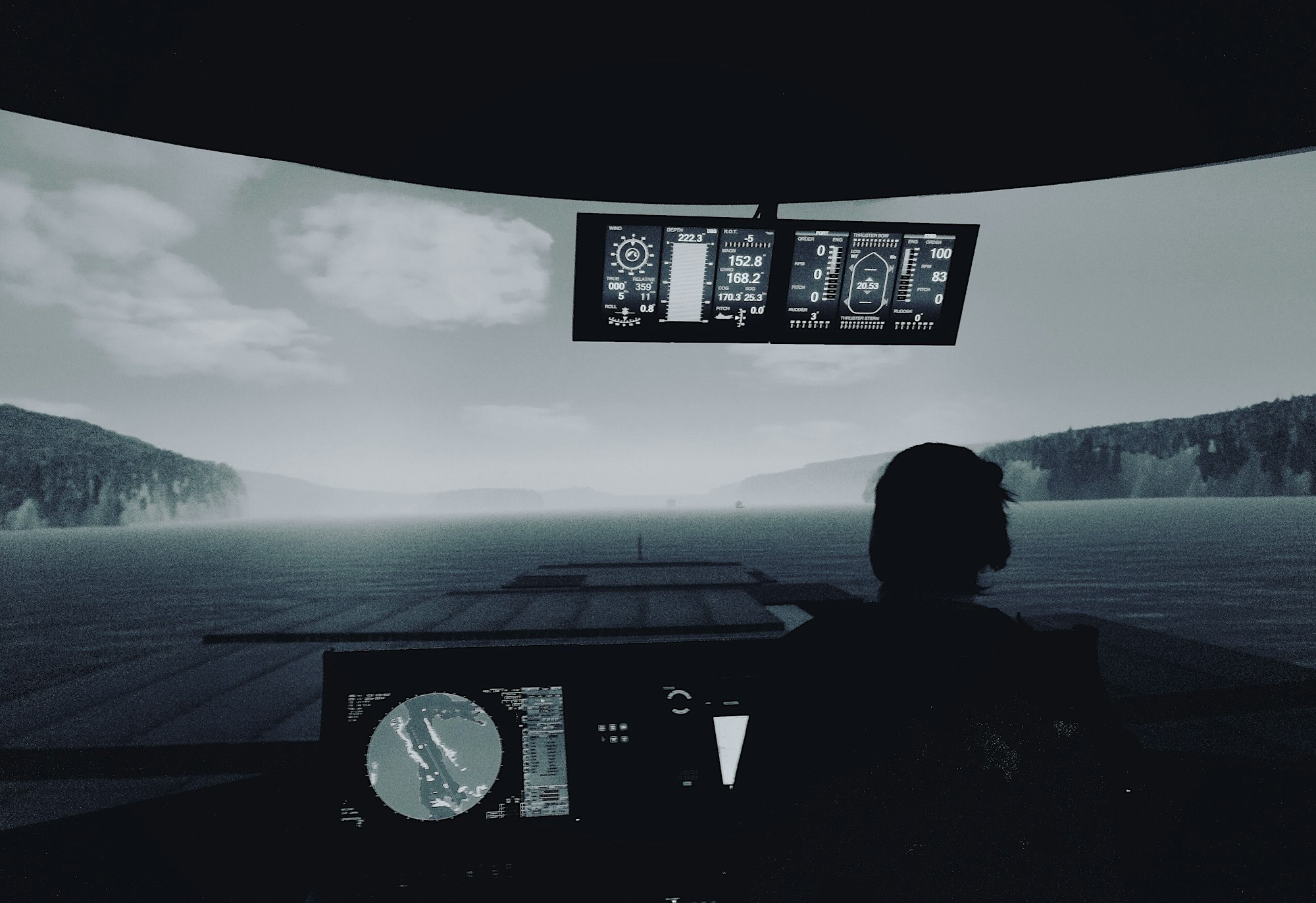In the heart of the South China Sea, a recent clash between China and the Philippines has brought to light the intricate nature of maritime disputes. This article aims to simplify the complexities witnessed by CNN journalists aboard a Philippine Coast Guard ship, offering insights into the challenges faced by the Philippines in asserting its territorial rights. Let’s break down the key aspects of this David versus Goliath struggle and explore the broader implications for global security.

Setting the Scene: Tensions in the South China Sea
The South China Sea is a hub of contention, with China’s assertive actions causing conflicts with neighboring nations. Of particular concern is the Philippines, a crucial ally of the United States, standing up against the might of the Chinese navy. As territorial disputes intensify, it’s vital to grasp the geopolitical dynamics at play.
A Risky Mission: Navigating Troubled Waters
CNN’s special access to a Philippine Coast Guard mission gives us a firsthand look at the challenges faced by the nation. The mission’s goal? To resupply a group of marines stationed on the Sierra Madre, a World War II-era ship strategically positioned on a disputed reef. This resupply effort serves as a snapshot of the broader struggle for control in the South China Sea.
Unveiling Tactics: China’s “Gray Zone” Approach
As tensions rise, China’s use of “gray zone” tactics becomes apparent. These actions, just below the threshold of war, enable Beijing to gain territorial control without overtly crossing international boundaries. Analysts discuss the effectiveness of these tactics and the need to reassess what constitutes an act of war in this complex maritime scenario.
Human Stories: Filipino Coast Guardians on the Frontlines
Beyond geopolitics, it’s crucial to acknowledge the human element. The Filipino Coast Guardians, undertaking risky resupply missions, demonstrate unwavering dedication to protecting their nation’s territory. This section delves into their challenges, sacrifices, and routine confrontations with Chinese vessels.
Wrapping it Up: Navigating Complex Waters
In conclusion, the South China Sea remains a hotbed of geopolitical tensions, with the Philippines playing a significant role in this maritime struggle. As we reflect on the challenges faced by Filipino Coast Guardians, it’s clear that the path to resolution is filled with complexities. The world closely observes as the South China Sea continues to be a focal point of global geopolitical dynamics.
Unravel the complexities of the recent South China Sea confrontation, exploring geopolitical tensions, “gray zone” tactics, and the human element in this high-stakes maritime struggle – all broken down for easy understanding.

Frequently Asked Questions (FAQs) – Decoding the Recent Clash in the South China Sea
1. Why is the South China Sea a hotspot of contention?
The South China Sea is a region where multiple countries, including China and the Philippines, are vying for control due to its strategic importance. China’s assertive actions and territorial claims have escalated tensions, making it a focal point for geopolitical disputes.
2. What is the significance of the Philippines in this maritime struggle?
The Philippines, as a key ally of the United States, plays a crucial role in standing against China’s navy. Its territorial rights are under scrutiny, and the recent clash sheds light on the challenges faced by the nation in asserting its position in the South China Sea.
3. What are “gray zone” tactics, and how does China employ them in the South China Sea?
“Gray zone” tactics refer to actions just below the threshold of war, allowing a nation to gain territorial control without overtly crossing international boundaries. China employs these tactics in the South China Sea to advance its interests strategically. Analysts discuss the effectiveness of such methods in the article.
4. How do Filipino Coast Guardians contribute to the maritime struggle?
The Filipino Coast Guardians play a crucial role in protecting the nation’s territory by undertaking risky resupply missions. This section of the article explores their challenges, sacrifices, and routine confrontations with Chinese vessels, showcasing their unwavering dedication.
5. What are the broader implications of the South China Sea conflict for global security?
The conflict in the South China Sea has far-reaching consequences for global security. As tensions escalate, the article suggests that the world is closely watching this maritime struggle. The geopolitical dynamics at play have implications beyond the immediate region, affecting the broader landscape of international relations.
Sources CNN


